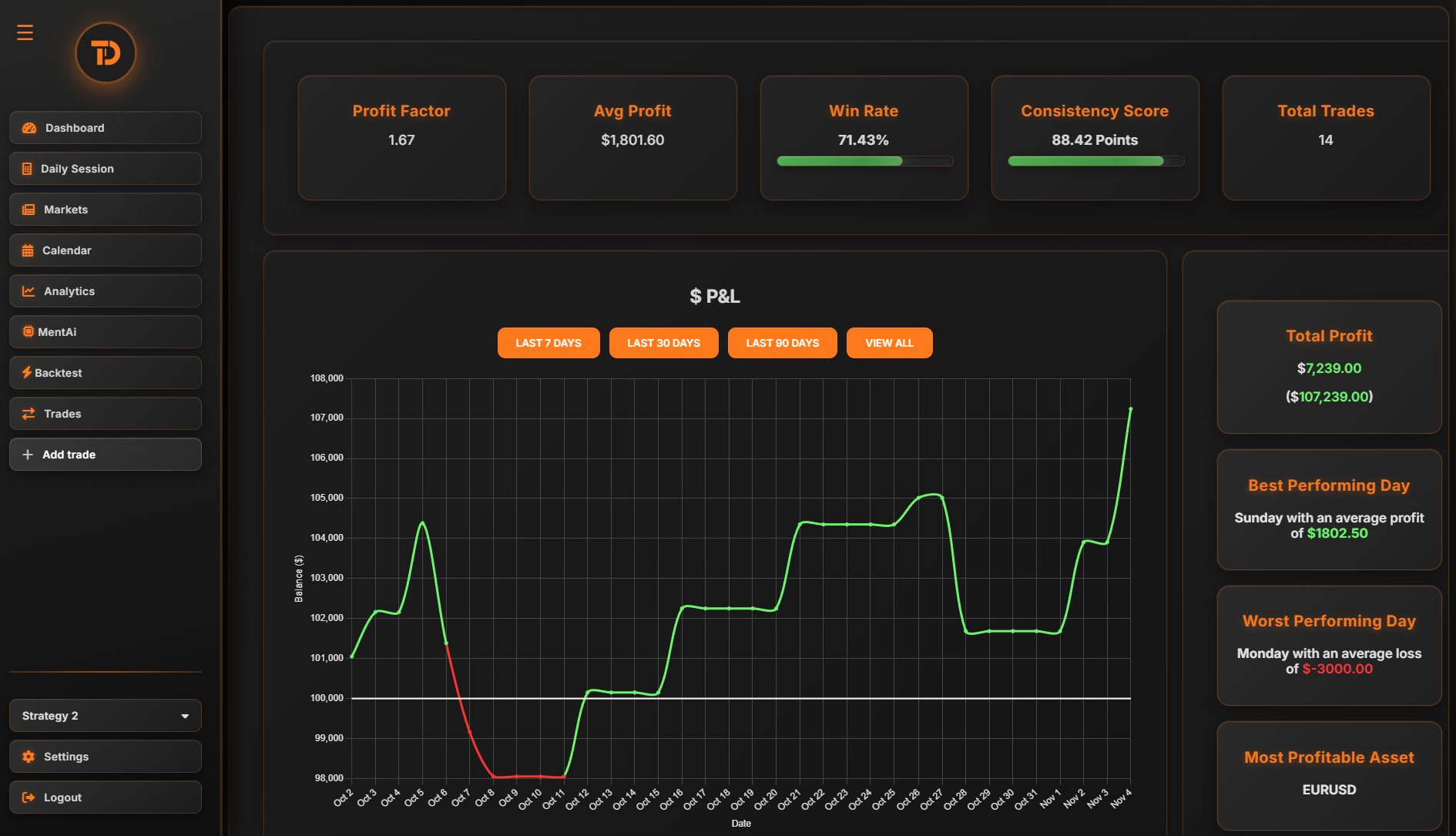Every trade involves costs, whether in the form of spreads, commissions, or slippage. These transaction costs may seem small on an individual trade, but over time, they can add up significantly and erode your profits, especially if you're trading frequently. Frequent traders are particularly vulnerable to these hidden costs, as each entry and exit reduces the overall return on their investments. Therefore, it's essential to be mindful of these expenses when planning your trades and to incorporate them into your risk-reward calculations. Factoring in transaction costs helps you make more informed decisions about whether a trade offers enough potential profit to justify the associated expenses. Ignoring these costs can lead to overtrading or pursuing strategies that seem profitable on the surface but are less effective once fees are accounted for.
To manage transaction costs effectively, you might need to reconsider your trading style, opt for lower-frequency trades, or select brokers with more competitive spreads and commissions. By carefully planning your trades with these costs in mind, you can improve your overall profitability and avoid the trap of trading just for the sake of activity.
. Why use a trading journal: Logging transaction costs in your trading journal is essential for understanding how much these fees impact your overall profitability. By tracking each trade's associated costs—such as spreads, commissions, or slippage—you can assess whether your trading activity is generating enough profit to offset these expenses. Over time, your journal will reveal patterns that show how much you're spending on transaction costs and whether they are cutting too deeply into your returns. This insight will help you determine if you need to adjust your trading frequency, adopt a different strategy, or switch to brokers with lower fees. Keeping a close eye on transaction costs through your journal enables you to optimize your trading approach and ensure that you're maximizing your net gains rather than merely covering fees.

